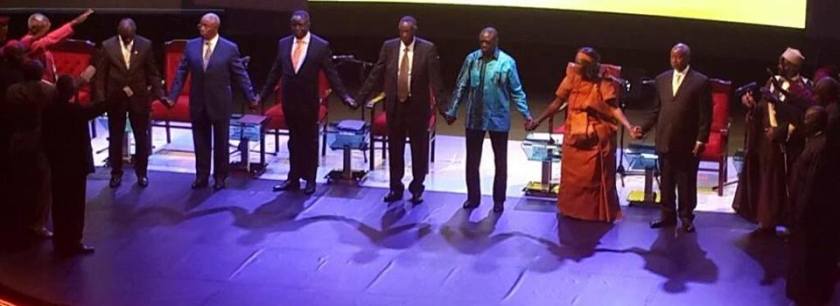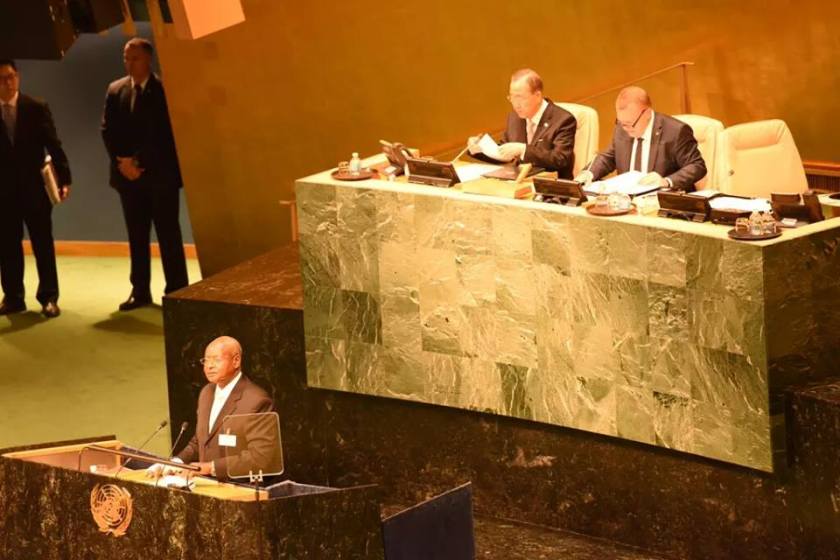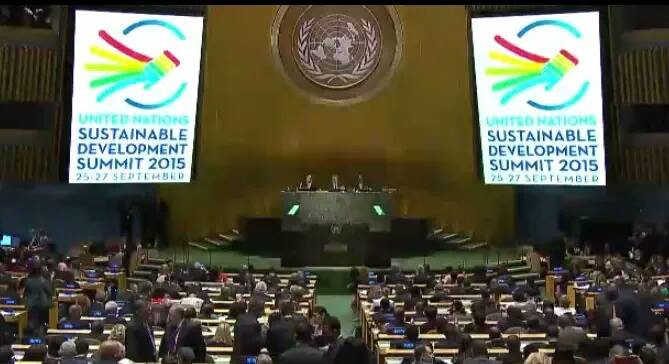
Today, there we’re a released American report and study on how the Russian Federation and the People’s Republic of China are cooperative with their military. The military power and exercises proves that the Russians and Chinese are trading technologies and expertise, so the techniques of navy and of land force, and different terrain. Therefore, these relationship proves that added strength on the military powers of both China and Russia. As their support and trust also based on mutual gains from the exercises and trade of technology.
These ones are important as than the world knows the strength between the republics and their own self interest.
Russian arms trade to China:
“Russia’s sale of Su-35 fighter jets to China (deliveries of which began in December 2016) will help the People’s Liberation Army (PLA) contest U.S. air superiority, provide China with technology that could help accelerate the development of its own advanced fighters, and serve as a valuable training and learning platform before China fields its next-generation aircraft” (…) “The Russian sale of the S-400 surface-to-air missile (SAM) defense system to China (with deliveries starting in 2018) should help China improve capital air defense and could assist the PLA in achieving increased air superiority over Taiwan if deployed to the Eastern Theater Command (bordering the Taiwan Strait). This SAM system would pose a challenge for Taiwan’s air assets in a potential cross-Strait conflict, the air assets of U.S. allies or partners in a South China Sea or East China Sea contingency, and U.S. aircraft, should the United States decide to become involved in such potential conflicts. The S-400 also could be used to help enforce China’s East China Sea Air Defense Identification Zone (ADIZ)” (Meick, P: 3, 2017).
“Russian arms sales to China, including the transfer of major weapons systems and defense technology as well as licensing agreements, have yielded benefits for both sides. According to the Stockholm International Peace Research Institute (SIPRI), since the fall of the Soviet Union nearly 80 percent of China’s total arms imports have come from Russia, and more than a quarter of all Russian arms exports have been shipped to China. From 1992 to 2006, Chinese military equipment procured from Russia totaled approximately $26 billion, according to some estimates. China’s major systems imported from Russia over this period helped to vastly improve PLA Air Force and Navy capabilities. Some of the notable procurements included Russian export versions of the Su-27 and Su-30 fighter, the S-300 SAM defense system, SOVREMENNYY-class guided missile destroyer, and KILO-class diesel electric submarine” (Meick, P:12, 2017).
Military Exercises:
“Of the three major areas of defense engagement, military exercises most visibly demonstrate to the international community the commitment shared by China and Russia to close cooperation in the security realm. During a visit to Beijing in September 2015, Russian Defense Minister Sergei Shoigu said, “The most important issue of the Russian-Chinese military cooperation are the … military exercises. They contribute to improving combat training of the Armed Forces of [the] two countries, and demonstrate our readiness to counteract modern threats.” (Meick, P: 6, 2017).
“Some observers speculated that China used a recent exercise to market guided missile frigates for Russia to buy, an indication of how far China’s defense industry has progressed over the last decade from its reliance on Russian technology. For example, after the naval exercise Joint Sea-2015 concluded, two PLA Navy Type 054A JIANKAI II-class frigates that participated in the exercise sailed through the Black Sea to a Russian naval base in advance of Russia’s World War II Victory Day 70th anniversary military parade; some analysts assessed this was intended, in part, to advertise the platform” (…) “First, Chinese demand for Russian arms waned as most of Beijing’s orders had been fulfilled and China’s defense industry had become advanced enough to fulfill more PLA requirements domestically. Second, the Chinese side expressed concerns about quality control deficiencies and contract disagreements involving the remaining orders. Third, Russia was unwilling to sell the higher-end systems that China was beginning to demand likely due to concerns that China’s increasing military capabilities could pose a future threat to Russia and that China’s practice of reverse-engineering Russian platforms would enable China to compete directly with Russia in the arms market” (Meick, P: 7, 2017).
“As outlined in the authoritative PLA text Teaching Materials on Joint Operations (联合作战教程), the PLA defines “joint” as “two or more arms and services” and “two or more armed forces.” In the Chinese media and China’s own English-language publications, all China-Russia exercises are described as joint exercises. For the purposes of this report, “joint” in a military exercise or operations context is defined according to the U.S. Department of Defense Dictionary of Military and Associated Terms: “Connotes activities, operations, organizations, etc., in which elements of two or more Military Departments participate.” An exception to this definition is any mention of “joint” by PLA or Chinese sources; in these cases, “joint” may refer to combined, joint, or both. U.S. Department of Defense, Joint Publication 1–02: Dictionary of Military and Associated Terms, February 15, 2016, 121. http://www.dtic.mil/doctrine/new_pubs/jp1_02.pdf; Tan Yadong ed., Teaching Materials on Joint Operations, Academy of Military Sciences Press, February 2013, 2–3. Translation” (Meick, P: 6, 2017).
Conclusion:
“The three major components of military-to-military ties discussed in this report demonstrate such a trend. In terms of military exercises, the two militaries are staging increasingly complex exercises with an expanded geographic reach in strategically important areas, recently adding a new set of exercises on missile defense cooperation. Military-technical cooperation similarly shows significant progress in recent years, highlighted by a major uptick in the technical capability of Russian arms sales to China, wide-ranging strategic industrial partnerships in key defense sectors, and joint production deals and other cooperation on advanced military and dual-use systems. Finally, Chinese and Russian defense officials are holding more meetings at higher levels in the military bureaucracy than they did in the past, signaling closer coordination” (Meick, P: 23, 2017).
I think this was interesting enough, the relationship between Russia and the China. This will be moves that should be looked after, as the strength of military power, will also affect the others who wish to secure their borders and their resources. The military technology and the exercises proves the new relationship between the neighbors. However, if the relationship is only for internal powers or to counter NATO or other military partnership is not easy to know. This has been significantly focused on certain sales and sort of exercises on terrain both armies need. Just like the Russian Military needs to use the navy and trade LADA sub-marines to China. Peace.
Reference:
Meick, Ethan – ‘China-Russia Military-to-Military Relations: Moving Toward a Higher Level of Cooperation – U.S. – China, Economic and Security Reviews Commission’ (20.03.2017)




































